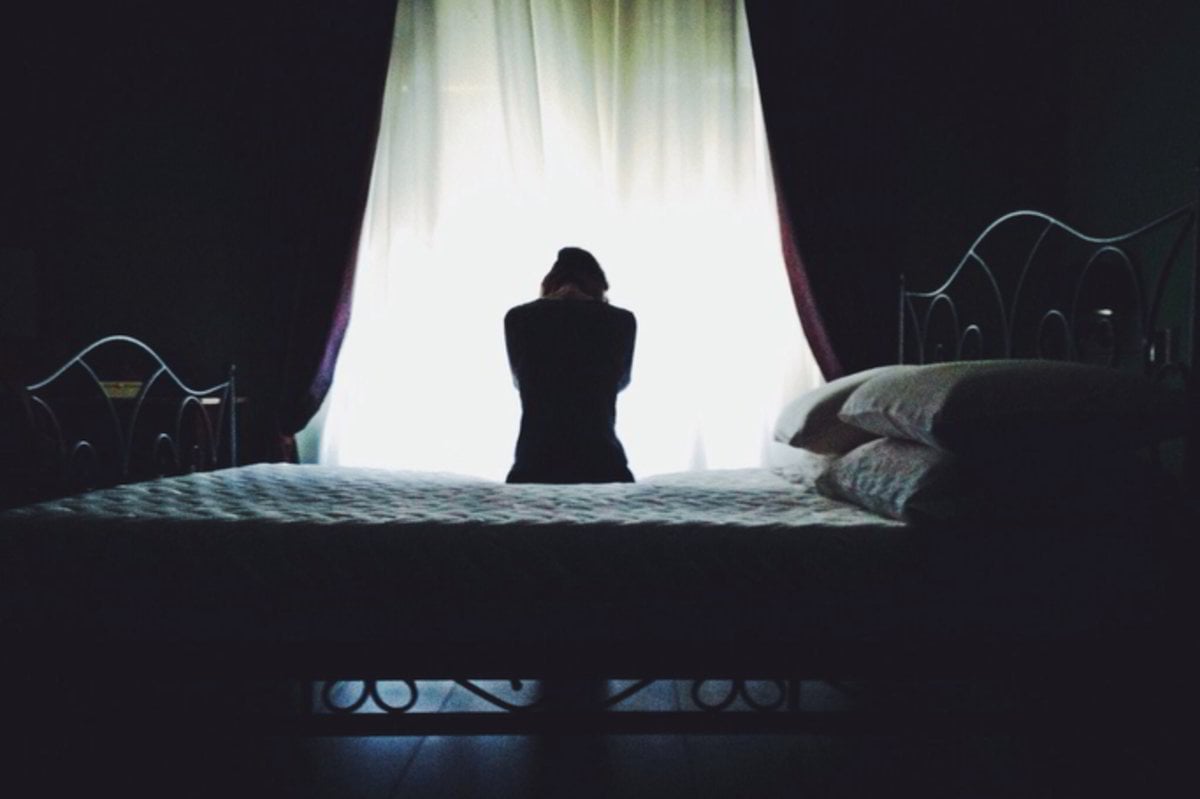
This post deals with domestic violence and might be triggering for some readers.
As a lawyer who has many years of experience drafting wills, I have lost count of the amount of times I’ve asked a couple about their family situation. They will tell me about their children.
Often the family is blended, some children are theirs, others his or hers.
Occasionally, I will see an odd look in the man’s eyes and press a bit further.
"Any other children?"
That’s when he will mention a child that he hasn’t seen for 20 or more years. A child whose name he knows, but that is all.
If he wanted to find his adult child, he wouldn’t have a clue where to start looking.
I have seen this many times, often observing a distinct lack of sadness, an apparent acceptance of this devastating situation, that there is a child out there who does not know their father.
My story.
When my son was two, I unwisely followed the ‘cry it out’ advice when I could not get him to have a day sleep. He was in the early stages of diagnosis, his labels at that point being a mild global development delay and a more severe delay in his receptive and expressive language.
I put him to bed, locked his door, sat outside it and cried.
He cried too, for more than an hour. I was told to stay strong, that I was doing this to help him, that he would learn.

Top Comments